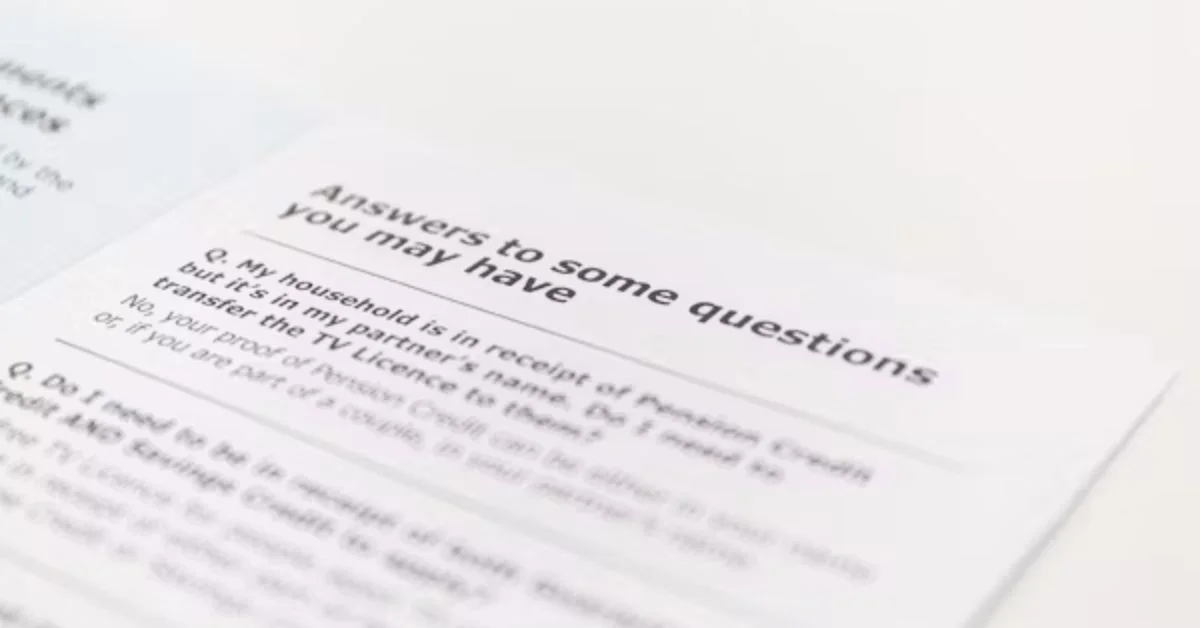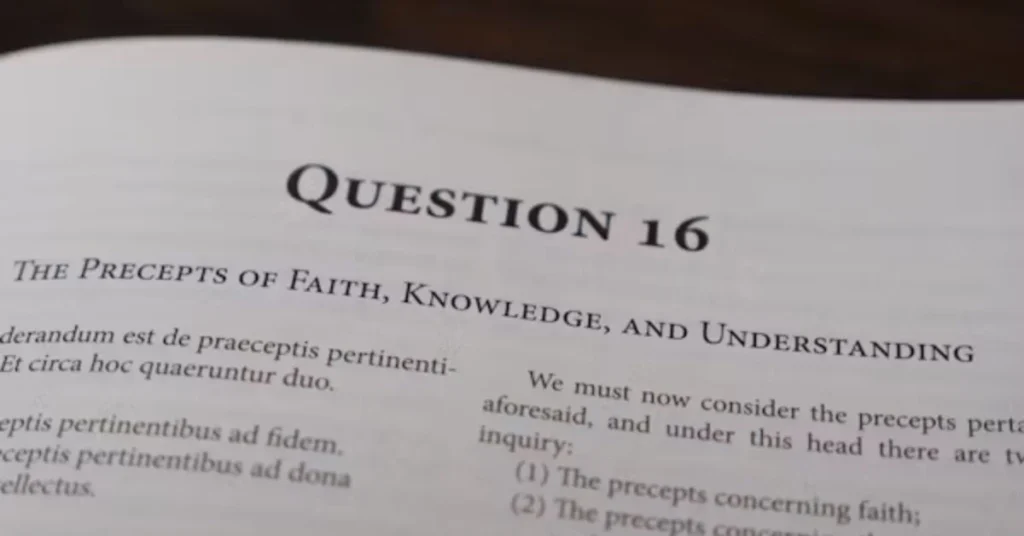
The H2 History A Level examination represents one of the most intellectually demanding assessments in the humanities discipline. Designed to test not only knowledge but also critical reasoning, source evaluation, and essay-writing skills, the exam goes far beyond rote memorization of facts. For many students, the ability to navigate H2 History A Level questions becomes the defining factor in their academic journey, determining both their examination success and their confidence in handling historical inquiry at advanced levels.
Unlike lower-level history courses that may focus on content recall, H2 History requires students to engage with thematic depth, contextual awareness, historiography, and analytical precision. This means that every question posed, whether in the form of an essay or a source-based investigation, is a challenge of interpretation, not merely of content regurgitation. Therefore, developing mastery over H2 History A Level questions demands a strong combination of factual grounding, essay structure, analytical frameworks, and strategic time management.
This article will explore in detail the types of questions encountered in H2 History A Level examinations, the strategies to handle them, common pitfalls, thematic approaches, and a roadmap for preparing effectively. By breaking down each dimension of the exam, students will be equipped with tools that not only improve their results but also strengthen their long-term historical reasoning abilities.
The Nature of H2 History A Level
The A Level H2 History syllabus is structured to test two key competencies:
- Essay-based questions – which require students to demonstrate thematic understanding, argument development, and engagement with historiography.
- Source-based questions (SBQs) – which focus on analyzing primary sources, evaluating reliability, contextualizing evidence, and forming balanced judgments.
These components together reflect the dual identity of history as both a narrative of the past and a discipline of critical interpretation. This design ensures that students learn how to think like historians, not simply recall information.
The curriculum often covers topics that span global and regional developments, including themes like:
- The Cold War and its global impact
- International relations in the 20th century
- The making of independent Southeast Asian states
- Political, economic, and social transformations in Asia
Understanding how questions are framed within these themes is essential to responding effectively in the exam.
Types of H2 History A Level Questions
1. Essay Questions
Essay questions in H2 History usually ask candidates to evaluate specific historical developments, causes, consequences, or interpretations. For example:
- “How far do you agree that the Cold War was caused primarily by ideological conflict?”
- “Assess the extent to which nationalism shaped the independence movements in Southeast Asia.”
Such questions demand a balanced evaluation rather than a one-sided answer. The expectation is that students will demonstrate knowledge, identify key debates among historians, and construct a well-reasoned judgment.
2. Source-Based Questions (SBQs)
These questions require candidates to analyze provided sources, which may include speeches, government documents, newspaper excerpts, or memoirs. A typical SBQ could ask:
- “Evaluate how far the sources support the view that U.S. foreign policy in Asia was driven by containment.”
Here, students must not only interpret the sources but also weigh their reliability, origin, and purpose, while cross-referencing with contextual knowledge.
3. Comparative and Thematic Questions
Some essay prompts require comparing events or themes across different contexts, for instance:
- “Compare the factors leading to the independence of Indonesia and Malaya.”
These demand the ability to synthesize knowledge across multiple case studies while identifying similarities and contrasts.

Strategies for Answering Essay Questions
Essay writing is at the core of H2 History A Level. Success depends on more than simply remembering facts.
- Deconstruct the Question
Every essay question has key terms that guide the scope of your answer. For instance, the phrase “how far” signals the need for a balanced discussion of both sides. Students must avoid drifting into irrelevant narratives. - Craft a Strong Thesis
Your introduction should outline a clear argument. A vague or unfocused thesis will weaken the essay regardless of the content. A strong thesis provides direction for every paragraph that follows. - Structure with Clarity
Essays should be organized logically, with each paragraph tackling a clear sub-argument. The PEEL structure (Point, Evidence, Explanation, Link) ensures coherence. - Engage with Historiography
Demonstrating awareness of historical debates—such as whether the Cold War was caused more by ideology or security concerns—adds depth and sophistication. - Balance Breadth and Depth
While covering multiple factors is necessary, essays should not be shallow. Depth of analysis, supported by precise examples, earns higher marks than generalizations. - Conclude with Judgment
The conclusion should not merely repeat points but should provide a decisive evaluation that directly addresses the essay question.
Strategies for Source-Based Questions (SBQs)
SBQs test the ability to think critically about evidence. Unlike essays, these questions require a close reading of the given sources.
- Understand the Question Requirement
Identify what the SBQ is asking—support, challenge, or evaluate a specific claim using the sources. - Analyze Source Origin and Purpose
Always consider who produced the source, why it was created, and under what circumstances. A government propaganda poster carries different weight than a private diary. - Cross-Reference with Contextual Knowledge
Sources do not stand alone. Effective answers integrate contextual knowledge to test the reliability and significance of the evidence. - Compare and Contrast Sources
Don’t analyze each source in isolation. Linking them—highlighting agreements and contradictions—shows higher-level thinking. - Evaluate Limitations and Usefulness
Every source has biases. A balanced evaluation acknowledges what the source reveals and where it falls short. - Synthesize into Judgment
The final part of your SBQ should form a reasoned conclusion about how far the sources collectively support the stated view.
Common Mistakes Students Make
- Narrative Dumping: Writing everything you know about a topic without addressing the question.
- Ignoring Historiography: Failing to acknowledge differing historical interpretations.
- Superficial Source Analysis: Summarizing sources without evaluating their reliability or limitations.
- Poor Time Management: Spending too much time on one question and neglecting the others.
- Weak Thesis Statements: Starting essays without a clear argument.
Avoiding these pitfalls requires disciplined practice and feedback.
Preparing for H2 History A Level Questions
Content Mastery
Strong factual knowledge is still the foundation. Organize notes around themes rather than memorizing chronologies. Create mind maps and thematic summaries that link causes, consequences, and historiography.
Practice Essays
Regularly attempt timed essays. This helps improve speed, clarity, and argumentation under exam conditions.
Source Analysis Drills
Take practice SBQs and evaluate sources systematically. Focus on identifying bias, reliability, and context.
Engage with Historians
Reading extracts from historians allows you to incorporate historiographical perspectives. Even referencing one or two historians can strengthen essays.
Peer Discussion and Feedback
Engage in discussions with classmates or study groups. Debating interpretations helps sharpen critical thinking.
Exam Simulation
Practice full papers under timed conditions. This builds stamina and ensures you can balance both essay and SBQ sections.
Thematic Approaches to Studying
H2 History is best approached thematically. Students should not treat topics as isolated but should see overarching connections. For example:
- Ideology vs. Security in Cold War Origins
- Economic vs. Political Drivers of Decolonization
- Superpower Rivalry in Asia vs. Europe
- Domestic vs. International Factors in State-Building
Thematic study ensures that you are prepared to answer any angle of questioning in the exam.
The Role of Critical Thinking: H2 History A Level
Critical thinking is the hallmark of success in H2 History A Level. It is not enough to know “what happened”—you must be able to evaluate why events occurred, how historians interpret them differently, and what conclusions can be drawn.
This skill goes beyond examinations. It develops intellectual habits that are valuable in university study, professional careers, and civic engagement.
Conclusion: H2 History A Level
Mastering H2 History A Level questions is a process that combines knowledge, strategy, and critical engagement. Students must approach essays with structured arguments, embrace historiography, and practice sustained analysis. Similarly, SBQs demand evidence-based reasoning, cross-referencing, and contextual awareness.
Finishing strong in this subject requires consistency—regular practice, disciplined study, and the ability to think like a historian. With proper preparation, students can not only excel in their examinations but also gain lifelong skills in reasoning, interpretation, and evidence-based judgment.
FAQs: H2 History A Level
Q1. What are H2 History A Level questions like?
They consist of essay-based and source-based questions that test knowledge, analysis, and critical interpretation.
Q2. How do I structure my essay answers?
Use a clear thesis, organized paragraphs with evidence, engage with historiography, and conclude with a decisive judgment.
Q3. What is the best way to approach source-based questions?
Analyze origin, purpose, and reliability, cross-reference with knowledge, and evaluate sources collectively to form judgments.
Q4. How can I prepare effectively for H2 History exams?
Practice essays, source analysis, thematic study, historiography reading, and timed exam simulations.
Q5. Why is historiography important in H2 History answers?
It shows awareness of debates among historians and strengthens your analytical depth, moving beyond descriptive answers.
For more information, click here.






